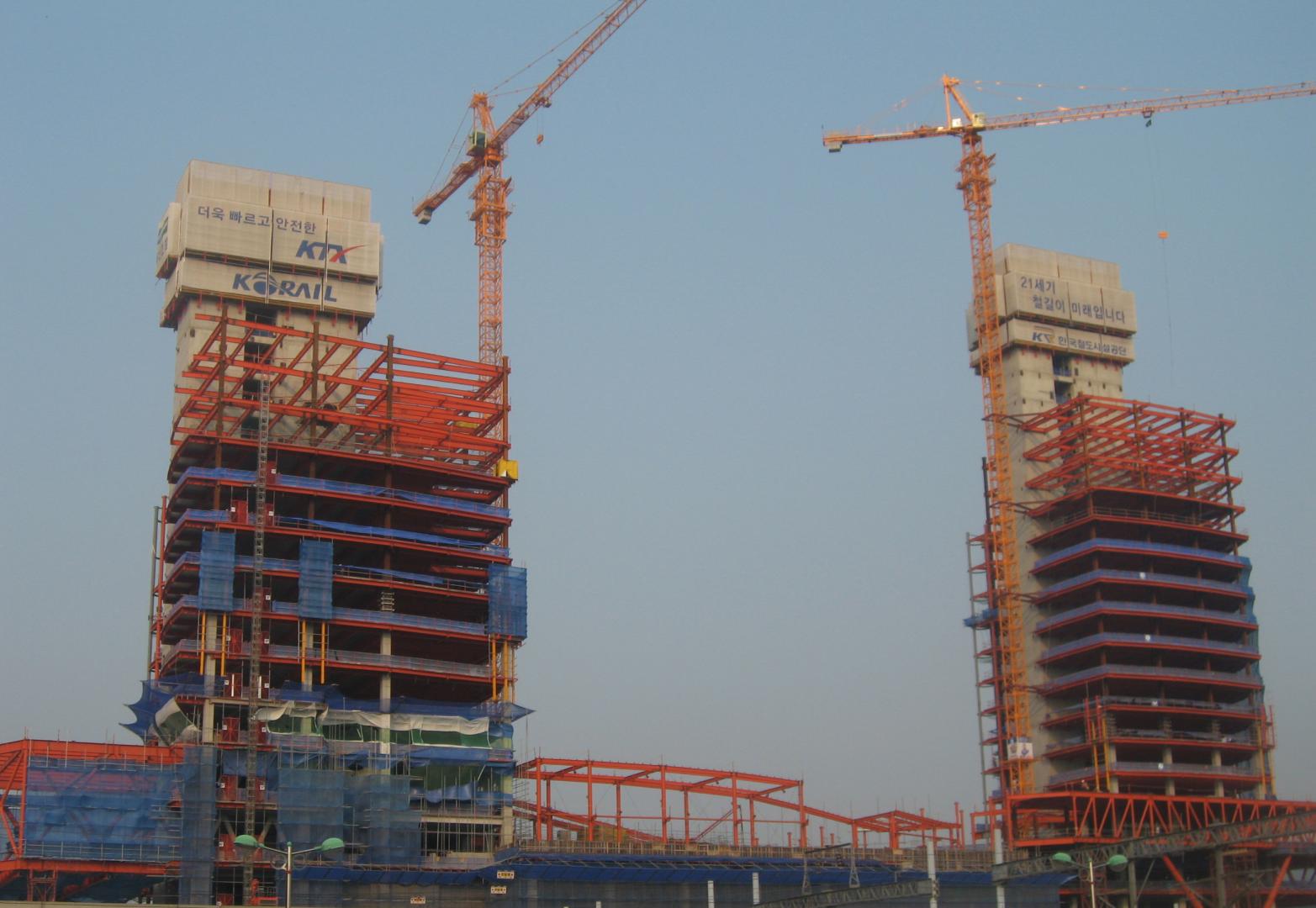In the aftermath of Japan’s nuclear disaster at Fukushima, Asia has engaged in a wide-ranging discussion on energy sufficiency and various means of power generation. While efforts to create a more sustainable energy policy with regard to climate occupy centre stage, the issue is also characterised by stark realities: international relationships will become more strained and competition for energy supply is bound to intensify even further in the coming years.
According to Shell’s fascinating report on energy scenarios up to 2050, by 2015 worldwide production of oil and gas will no longer be able to meet growing demand in the world markets, given the rapid economic growth rates in Asia in particular.
Most developing countries in Asia are already on the verge of reaching the peak of their energy-intense phase of development, which will require enormous amounts of additional energy due to a steep upward trend in the standard of living, a middle class advancing in prosperity and keen to consume more goods, rapid industrialisation, the giant construction projects necessary for urbanisation, and multiplying traffic volumes.
On that note, it is estimated that if the development trend in Asia continues at its current rate, by 2030 China and India alone will be responsible for half of the future growth in global energy needs.
In the coming years, coal, oil, gas and nuclear power are and will continue to be the key energy sources in Asia. In 2010, there were 112 nuclear power plants in operation in Asia, with 37 new ones under construction, two thirds of which will spring up in China. A total of 84 nuclear power plants await construction approval in China, South Korea, India, Bangladesh, Indonesia, Thailand, Pakistan, Vietnam and Taiwan.
In Taiwan, however, due to public criticism after Fukushima, the building of the country’s fourth nuclear power plant will be put to a referendum in late 2013.
After Fukushima, Japan, which aims to markedly reduce the role of nuclear power in its energy production, is planning to make major investments in renewable energy sources. The Japanese Ministry of Economy, Trade and Industry (METI) aims to rapidly increase the level of green energy production, from one to twelve per cent by 2030.
Established on the island of Hokkaido in Japan, the Hokkaido Green Fund HGF, is an NPO that builds private ownership community wind turbines on the windy zones of the island’s coastline, in order to generate electricity for use in commercial grids. The Akita Environmental Forum is working on erecting one thousand wind turbines among the coastal communities of northern Japan. This ‘Kingdom of Wind’ project is designed to revive the economy and everyday life in rural areas which are being deserted and becoming ghost towns.
But let us return to the gigantic increase in Asia’s energy needs, which is beginning to be reflected by impacts of a more political nature.
In his book Monsoon: The Indian Ocean and the Future of American Power, Robert Kaplan shows how 90 per cent of the world’s international trade in goods occurs in the economic area stretching eastwards from the Middle East to the Pacific Ocean. Two thirds of the world’s oil and fuel supply is being bought and sold within that area, as well as 60 per cent of LNG and 70 per cent of coal.
Every day, via the narrow Strait of Malacca and the South China Sea, China alone imports 15 million barrels of oil produced in the Middle East. This is equivalent to one sixth of the daily global consumption of oil.
The civil war and humanitarian crisis in Syria affect a core region in terms of satisfying Asia’s energy need. For China, peace in any form, or maintaining the balance of terror in the Middle East, is more important than the escalating crisis or possible war in Syria, into which Iran would probably be drawn. For this reason, China strongly objects to any military action or punitive measures by the West and the USA; however, the primary goal is to secure its own gas and oil trade and an uninterrupted flow of energy supply from the Middle East.
In the future, energy concerns will play a greater role in international security policy.



Recommended